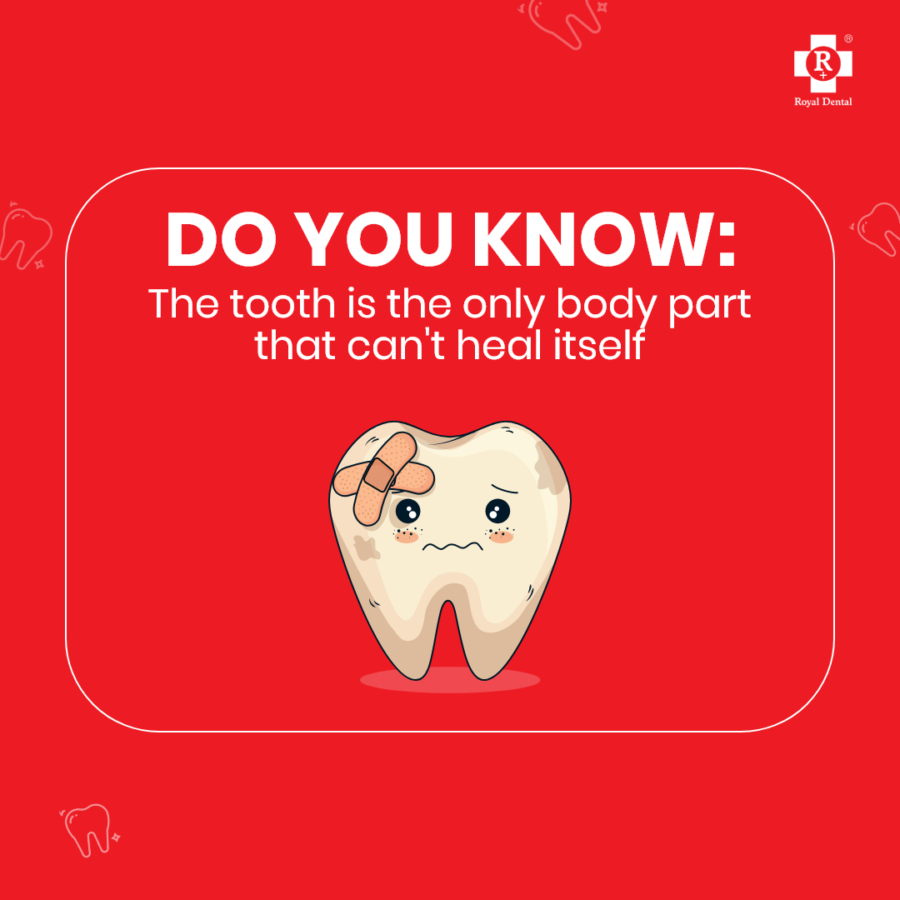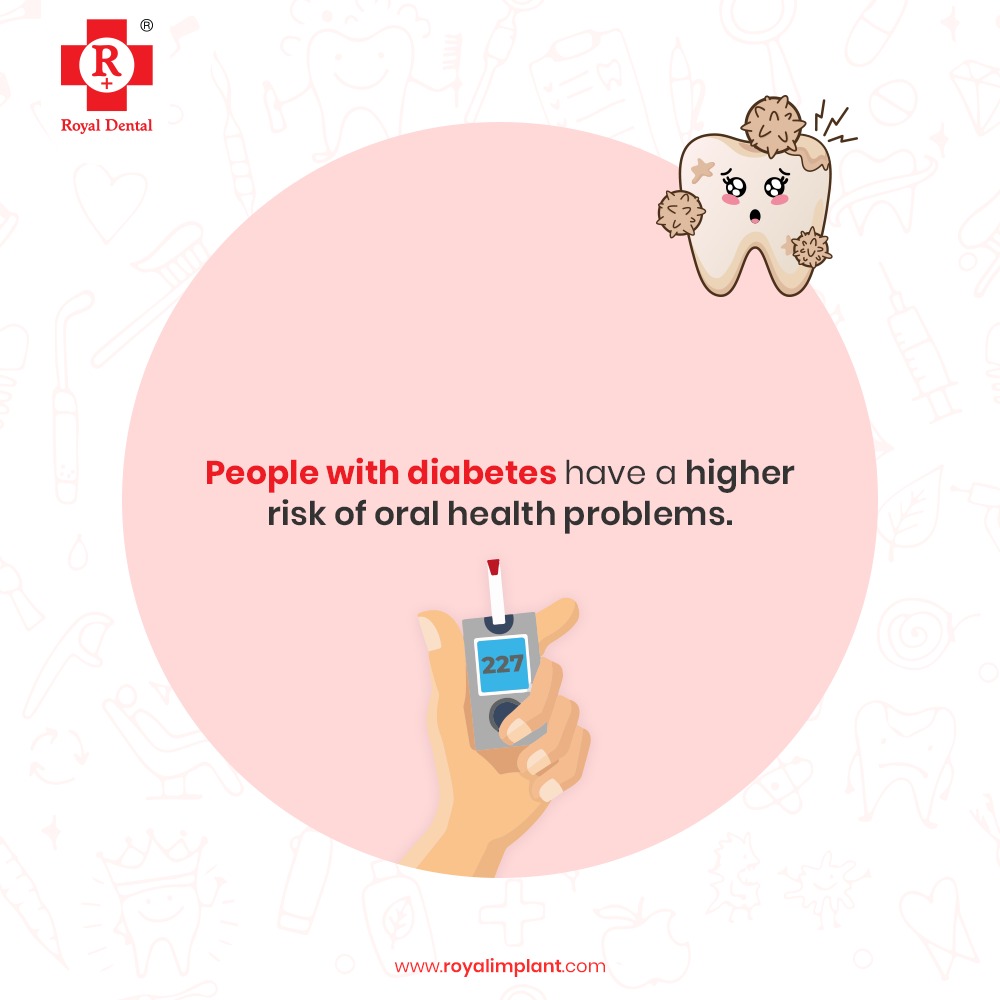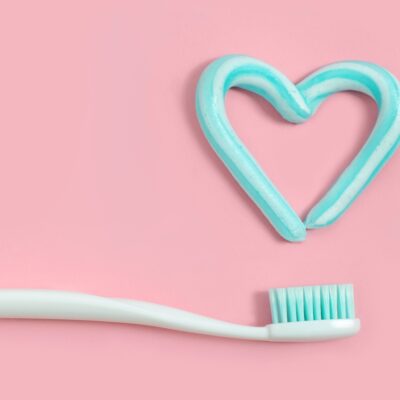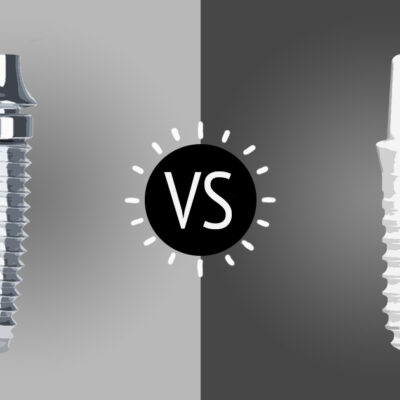A cavity, also called dental caries, is an infection of a tooth that can lead to a loss of tooth structure. Dental caries are caused by bacteria in your mouth that break down sugars and carbohydrates into acids that attack the enamel and dentin layers of the teeth. Cavities are the most common chronic disease among people aged 5 or older worldwide. It is estimated that more than 50% of adults have experienced decay at some point in their lives. If you want to prevent getting cavities, here is what you need to know about them.
What causes dental caries?
Dental caries are caused by the bacteria that live in your mouth and feed on sugars from food and drink. They produce acids that attack the enamel, dentin and cementum layers of your teeth. The acids in combination with minerals from your saliva form plaque and tartar. Tartar is a hard deposit that is difficult to remove and can cause an infection in your gums (gingivitis) and bones around the teeth (periodontitis). The bacteria dental caries release toxins that cause pain and can lead to tooth loss if they are not treated.

Signs of a Dental Cavity
A change in the colour of your teeth – Cavities usually start as a spot of discoloration on your teeth. If left untreated, that spot will spread and turn into a larger area of discolouration.
Or change in the texture of your tooth – Once the disease progresses to the dentin layer, you may feel that they are less hard and smooth than usual.

A change in the shape of your teeth – A cavity can move the tooth structure out of its normal position, causing the teeth to look like they have shifted.
Pain or sensitivity – This can occur if a cavity has progressed to the nerves inside your teeth or if bacteria have spread to the surrounding tissue.
How to prevent cavities?
The best way to prevent cavities is to practice good oral hygiene and diet. Here is what you need to do. Brush your teeth twice a day with fluoride toothpaste and floss once a day. Visit your dentist once every six months for a teeth cleaning and professional mouth cleaning. Drink enough water to keep your teeth hydrated. Eat a healthy diet and avoid sugary foods and drinks.

Risk Factors for Developing Dental Caries
If you have diabetes, take medication, and have low blood sugar, you are more likely to get cavities. If you are pregnant or breast-feeding, your saliva flow is reduced. Your teeth are more likely to get cavities. you don’t brush your tooth twice a day or if you don’t use fluoride toothpaste, you are more likely to get cavities. If you don’t floss regularly, you are more likely to get cavities. If you consume a lot of sweets, you are more likely to get cavities. – If you don’t visit the dentist regularly, you are more likely to get cavities.
Bottom line
Cavities are a common childhood disease. From a young age every child should inculcated good oral hygiene in order to prevent cavities. Adults also need to maintain good oral hygiene to prevent getting cavities. You can prevent cavities by following a healthy diet, drinking plenty of water, brushing your teeth twice a day, flossing once a day, and visiting your dentist for a teeth cleaning.






